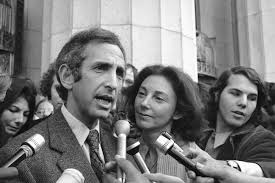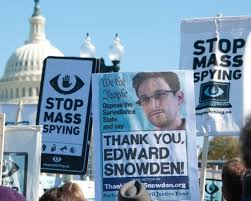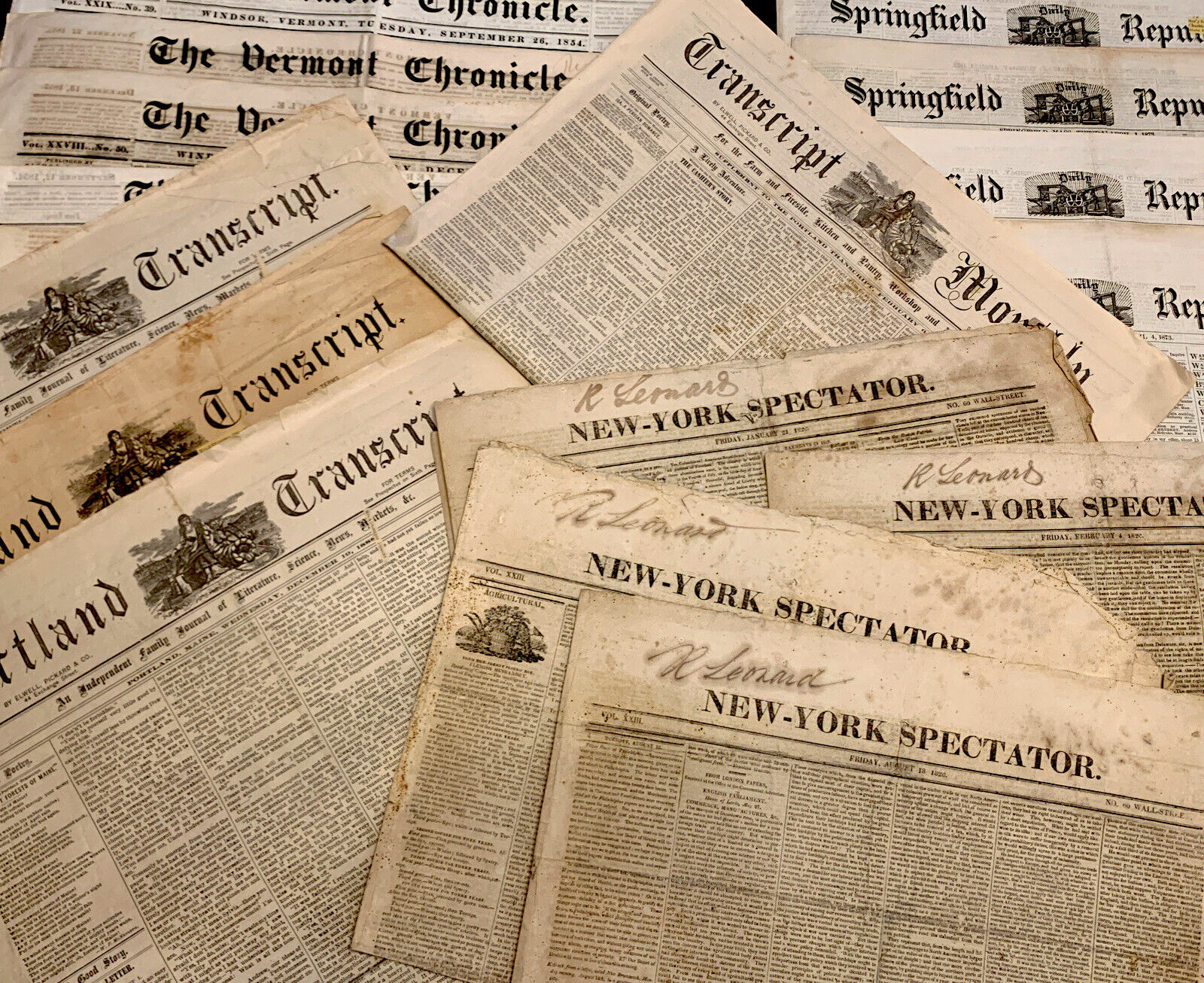Technology and social media can be a tool or a weapon, positive or negative. It all depends on how you use it. It is a great way to stay in touch and communicate, but it is also a way to hear about false information and to get hurt. The advancement of technology has made it possible to create a multitude of innovations that can advance our society, but there are also many disadvantages associated with it.
My relationship with technology is not good or bad. I would say it is useful in my life, but I know my boundaries. I use technology every day, on my computer and iPhone, to send messages, emails, complete school work and so much more. However, social media can be a dangerous weapon. It can take time away from us if we are not careful. 10 minutes of scrolling on Instagram and TikTok can turn into 2 hours, and it wastes precious time.
Personally, I did not receive my own personal iPhone until I was a Freshman in high school. To me that was late because all my friends were getting phones in the 4th grade. However, I am glad that I did not get a phone that early because I was involved in other useful activities such as sports, playing with friends, spending hours outside with neighbors, and many more activities that I probably would not have done if I had a phone or social media. I was not allowed to get social media until I was 16 years old. Looking back on it, I am so grateful that my parents did not let me grow up on electronics.
Also, my school did not allow much technology. Phones were not permitted to be out at all during the school day. Teachers used laptops for PowerPoints to teach, however, students were expected to take handwritten notes. For homework, almost all of our assignments were done on paper. On occasion, we would go to the school's computer lab with PC's to write essays for English classes. This really taught me to be present in school with no distractions and to soak up what I was learning and be in the moment with my friends.
In a reading from Columbia University, experts discuss the detrimental effects of technology, particularly social media. According to internal studies, the body image of teenage Instagram users has declined, and app usage correlates with anxiety and depression. It is concerning that teenagers are being impacted and swayed by technology at such an early age.
Technology makes me frustrated sometimes. Especially, social media can be aggravating at times. I try to limit how much I use apps such as Instagram and TikTok because they can become addictive in just one simple click. I like to delete these apps during times of my life when I need to be focused and not distracted. I have gone months without them, but it's nice to stay in the know and connected to what is going on.
It makes me so sad when I see young children or tweens have a phone or social media account. Their innocent eyes are seeing things they should not be seeing, and they are dealing with cyberbullying or body image, or mental health issues at a very young age. I hate going to a restaurant and seeing kids on an iPad or their parents' phone with headphones in watching something at the table while parents are talking and completely ignoring their child.
Technology is a great way to learn. Whether it's watching videos on how to do something or reading an article, it can be very helpful. In today's age, we cannot live without technology; it is a part of us. However, we need to be cautious about how we use it and the time we spend on it. Parents of young children need to be role models for them and not let electronics take over their child's life too early. It is addictive, and we need to use it responsibly and understand that it comes with challenges.






















